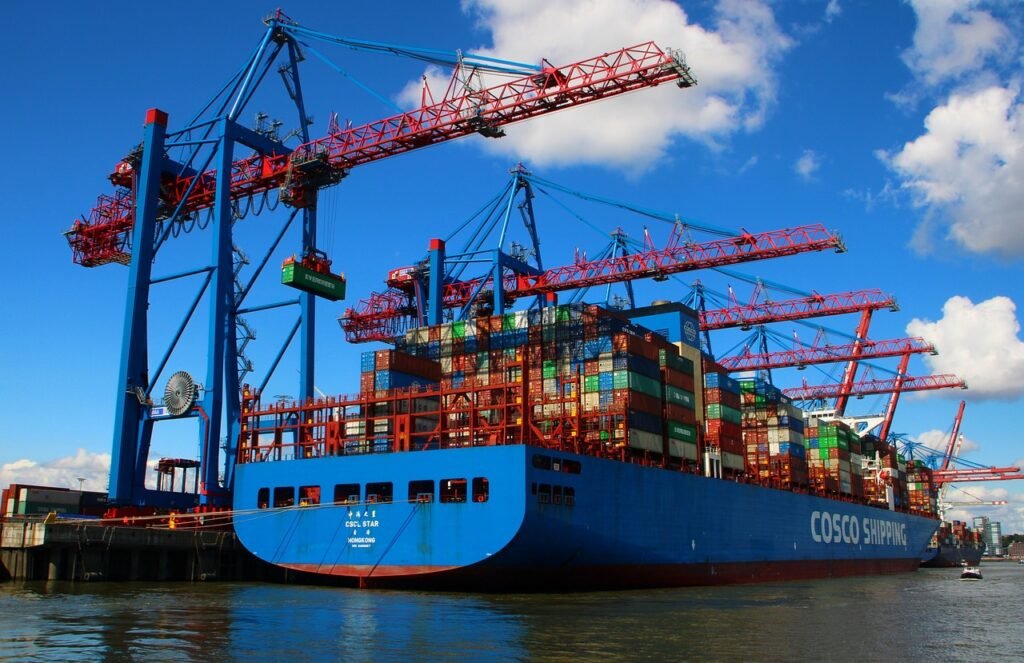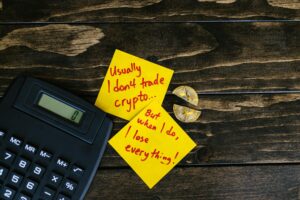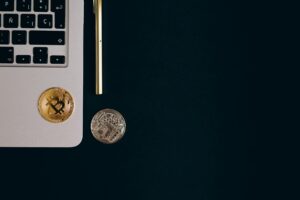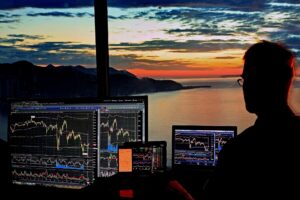
Commodity trading in the UAE is a dynamic and increasingly popular field due to the nation’s strategic location, advanced infrastructure, and diverse markets. As a global trading hub, the UAE—particularly Dubai—facilitates the trade of raw materials ranging from energy products like oil and natural gas to precious metals such as gold and silver. This article provides a deep dive into the UAE’s commodity trading landscape, the key products traded, and how you can get involved in this thriving sector.
What is Commodity Trading?
Commodity trading involves the buying and selling of raw materials or primary products, which are often the building blocks of the global economy. These commodities fall into two main categories:
- Hard Commodities: Natural resources mined or extracted, such as oil, gold, and natural gas.
- Soft Commodities: Agricultural products such as sugar, wheat, and coffee.
The UAE’s unique positioning between Europe, Asia, and Africa makes it an attractive spot for trading these commodities, leveraging both its natural resources and a well-regulated trading infrastructure.
Key Commodities in the UAE Market
1. Crude Oil and Natural Gas: Energy Pillars
Oil is one of the UAE’s most valuable resources, often dubbed “black gold.” The UAE ranks among the world’s top oil producers, with Abu Dhabi National Oil Company (ADNOC) leading the extraction and export of this commodity. Key facts about UAE oil trading:
- Production Volume: The UAE produces about 3.2 million barrels daily.
- Export Destinations: Major buyers include China, Japan, and other Asian countries.
- Trading Platforms: The Dubai Mercantile Exchange (DME) is a notable platform for energy product trades. Natural Gas is another vital resource, utilized domestically and exported globally. UAE’s position as a significant gas producer enhances its role in the LNG (liquefied natural gas) market.
2. Gold: The Jewel of Dubai
Dubai, known as the “City of Gold,” is a major hub for gold trading, with the Dubai Gold and Commodities Exchange (DGCX) being a focal point for gold futures trading. The emirate’s tax-free environment and strategic location make it ideal for gold investors and traders worldwide.
- Trading Hubs: DGCX and Dubai Gold Souk.
- Investment Options: Traders can invest through gold futures, physical purchases, or Exchange Traded Funds (ETFs).
3. Silver and Other Precious Metals
Silver, platinum, and palladium are also traded on DGCX, with uses spanning electronics, jewelry, and industrial applications.
4. Agricultural Commodities
While not as abundant, the UAE facilitates the trade of agricultural commodities like wheat, rice, and sugar. Dubai’s logistics capabilities support the import, storage, and re-export of these goods, contributing to food security initiatives in the region.
Why is Dubai a Global Hub for Commodity Trading?
Dubai’s appeal for commodity trading lies in several factors:
- Strategic Location: Dubai’s ports and airports make it a major transit hub.
- Free Zones: Tax-free zones like Jebel Ali Free Zone attract global trading firms.
- Regulation: The UAE ensures safe trading environments via regulatory bodies like the Securities and Commodities Authority (SCA).
- Advanced Infrastructure: With exchanges such as DME and DGCX, Dubai offers cutting-edge platforms that enable trading in commodities derivatives.
Types of Commodity Trading Instruments in Dubai
In the UAE, several financial instruments support commodity trading:
- Futures Contracts: Agreements to buy or sell a commodity at a predetermined price on a specific date.
- Options: These contracts give the right, not the obligation, to trade at set prices.
- Exchange-Traded Funds (ETFs): ETFs track the performance of commodities and offer liquidity and flexibility.
- Contracts for Difference (CFDs): CFDs allow traders to speculate on price movements without owning the asset.
These instruments offer flexibility for traders and investors, enabling them to hedge against risks or profit from market volatility.
How to Start Trading Commodities in the UAE
Here’s a simple guide for aspiring commodity traders in Dubai:
- Choose a Reputable Broker: Select an SCA-licensed broker who can guide you through UAE markets.
- Open a Trading Account: Most brokers facilitate online account setups. You’ll need valid identification and may have to meet minimum deposit requirements.
- Understand Market Fundamentals: Gain knowledge of the commodities you’re interested in and learn about global trends and factors influencing prices.
- Utilize Leverage Carefully: Many platforms offer leverage, but caution is key to avoid significant losses.
Commodity Trading for Wealth Diversification
Commodity trading offers an excellent way to diversify investments beyond stocks and bonds. Traders choose commodities to hedge against inflation or to capitalize on price shifts in global markets. Commodities have a low correlation with traditional asset classes, making them ideal for portfolio diversification.
Key Regulatory Bodies and Exchanges
Commodity trading in the UAE operates under strict regulatory frameworks to ensure safety and transparency for traders. Notable regulatory and exchange platforms include:
- Securities and Commodities Authority (SCA): Oversees the UAE’s financial markets and regulates broker activities.
- Dubai Gold & Commodities Exchange (DGCX): Primary exchange for gold, silver, and currency futures.
- Dubai Mercantile Exchange (DME): Focuses on energy products, particularly crude oil.
Both exchanges operate under international standards, ensuring a fair and transparent environment for local and international investors.
Risks and Challenges in Commodity Trading
While lucrative, commodity trading also involves significant risks:
- Volatility: Commodity prices can fluctuate based on supply and demand, geopolitical tensions, and economic data.
- Leverage Risk: Although leverage amplifies profits, it also increases the risk of substantial losses.
- Market Knowledge: Profitable trading requires a strong understanding of market dynamics and often benefits from financial education or certifications.
Traders should diversify portfolios, use stop-loss orders, and avoid over-leveraging to mitigate risks.
Conclusion
Commodity trading in the UAE, especially in Dubai, presents a world of opportunities for investors and traders. From the country’s “black gold” to its strategic positioning as a precious metals trading hub, the UAE has established itself as a leader in the global commodities market. Whether you’re a seasoned trader or new to the field, the UAE’s robust infrastructure, tax-friendly zones, and regulated exchanges provide an optimal environment for trading various commodities.
With its well-regulated exchanges and global trading platforms, the UAE remains a beacon for commodity traders worldwide. By investing time in understanding market fundamentals and leveraging Dubai’s advanced trading tools, traders can navigate this dynamic landscape to capitalize on global market trends and secure wealth diversification.


